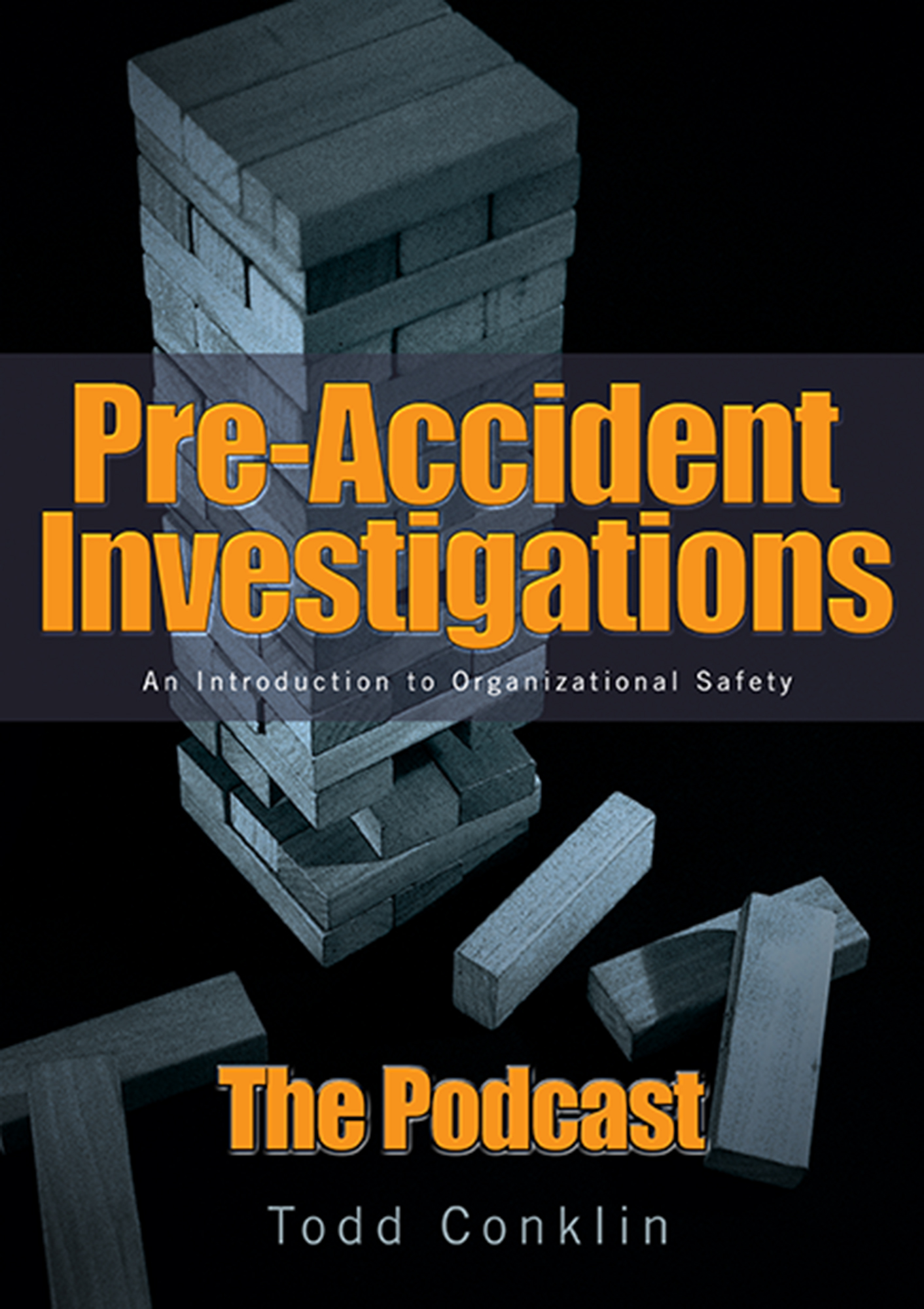

So we lost a good friend this weekend, and I wanted to take a moment and just celebrate the life of Jim Howe. This is just a little special podcast. I hope you take a minute and listen to it just because Jim Howe is somebody really special that if you don't know, I wish you did know him. And if you do know him, you totally know why I had to say a few words.
Jim's a remarkable force. I guess maybe it's more accurate to say Jim was a remarkable force. That's hard. But Jim, I think, carried more than his fair share of the weight of moving safety into more contemporary thinking. And he did it in such interesting ways. You know, he was on all these international standards committees, and he helped write a lot of the international standards for safety and for investigatory work and for certification and audits and assessments. And he did that because he knew it would matter, because he knew in essence that was his legacy, is if you want to change a bureaucratic function, you have to change the bureaucratic function. And his belief was, because he told it to me many times, that his voice in the room was often the only voice that was speaking for looking at these problems differently than we have before. And Jim was amazing at that.
Jim spent years in safety. I know for certain he was at the United Auto Workers as the assistant director of safety, and he was at UAW for 20 years, maybe even a little longer. And he ended up at that assistant director spot, and he really led a lot of the more significant efforts that UAW did throughout North America. He's done many, many, many serious critical investigations, fatality investigations. And he was quite amazing at that work, which you have to just be thoughtful that that's an area that I'm not sure how much you want to be amazing at, but he was. He was incredibly good at it. But what I think he liked even more was going out and doing site visits because he did hundreds and hundreds and hundreds and hundreds of site visits. And I think he liked most of all talking to the people. At least that's certainly my impression.
I've known Jim for a lot of years, certainly more than 10 years. And I have lots of stories about Jim and funny things that happened and how easy it was to get him to laugh and how much he enjoyed the laughter. But I think what most comes to my mind is how thoughtful Jim was about the people and how much he cared about the people and how much he cared about providing, really, an opportunity for the world to be a better place. So, you know, I talk all the time about what is meaningful work. Well, the answer is good work done well for the right reasons. And if I had to pick somebody that exemplified that, it would be Jim. Good work, done well, for the right reasons. Jim's remarkable, and he will be missed.
And after a four-year struggle with prostate cancer, he lost it gallantly this weekend. And our thoughts are with him and certainly with his family, but even more importantly, with everybody he touched. changed throughout the globe, but certainly specifically throughout North America. Jim, we'll miss you, my friend. It was good to know you. You made the light of the world a little bit brighter, and that's amazing. So to our friend Jim Howe, what a great life you lived, and what a significant contribution you gave, not just to us who do this work, work but to everybody who has to work jim we'll miss you.
 PAPod 583 - When Normal Variability Breaks: The ReDonda Story
This episode previews a small workshop in Santa Fe where Todd Conklin, Ann Lyren
PAPod 583 - When Normal Variability Breaks: The ReDonda Story
This episode previews a small workshop in Santa Fe where Todd Conklin, Ann Lyren
 PAPod 582 - Accountability vs. Blame: Who Really Owns Safety?
Todd Conklin breaks down why accountability is an act of clarity, not blame or d
PAPod 582 - Accountability vs. Blame: Who Really Owns Safety?
Todd Conklin breaks down why accountability is an act of clarity, not blame or d
 PAPod 581- Measuring the Invisible: When 'Nothing Happened' Breaks Safety Metrics
Todd Conklin explores why its so difficult to measure events that never happen a
PAPod 581- Measuring the Invisible: When 'Nothing Happened' Breaks Safety Metrics
Todd Conklin explores why its so difficult to measure events that never happen a
 PAPod 580 - Start Right, End Safe: Building Better Encounters in 2026
Todd Conklin opens 2026 reflecting on why how we begin interactions and jobs mat
PAPod 580 - Start Right, End Safe: Building Better Encounters in 2026
Todd Conklin opens 2026 reflecting on why how we begin interactions and jobs mat
Got a question, press inquiry or idea you'd like to share? Contact us through the form below and let us know how we can help.